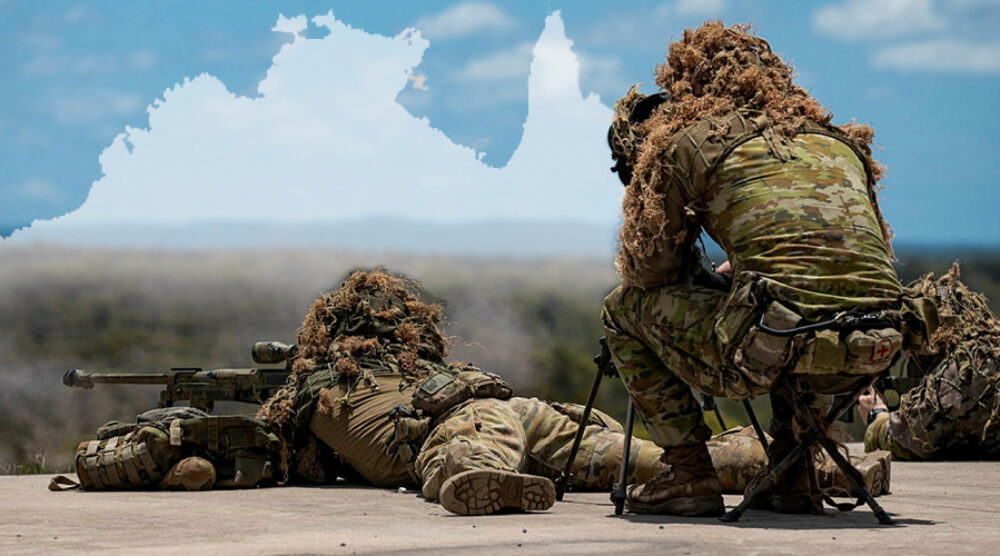It’s been a long time since Australia fought to win a war. Famed military historian David Horner has tied it down to a specific date: 1 October 1943. Horner writes that from then, “Australian troops were deployed primarily for political purposes that were not related directly either to winning the war or defending Australia.” At that point, with the Allies winning the war now assessed as only a matter of time, the political purpose to fight for was to strengthen the Australian government’s position in the forthcoming peace negotiations.
Since 1945, the principal political purpose for Australia fighting has been to strengthen the American alliance. In the vernacular, “paying our dues” for reciprocity is at the alliance’s core. Whether these distant wars were won or lost was considered the business of the Americans, not Australians. As long as Australia’s carefully measured contribution made Americans grateful for our support and the alliance improved, that was a victory. The measurement of improvement was obviously in the eye of the beholder.
Times have changed. The big worry is now a US–China war, with Taiwan seen as a likely flashpoint.
Moreover, simply agreeing to participate became the benchmark of success. There was no real need for strategic or battlefield triumphs, just bilateral political agreements between friends.
Please click here to read the full “Australia’s return to must-win wars” article published at The Interpreter, written by Griffith Asia Institute Visiting Fellow, Dr Peter Layton.








